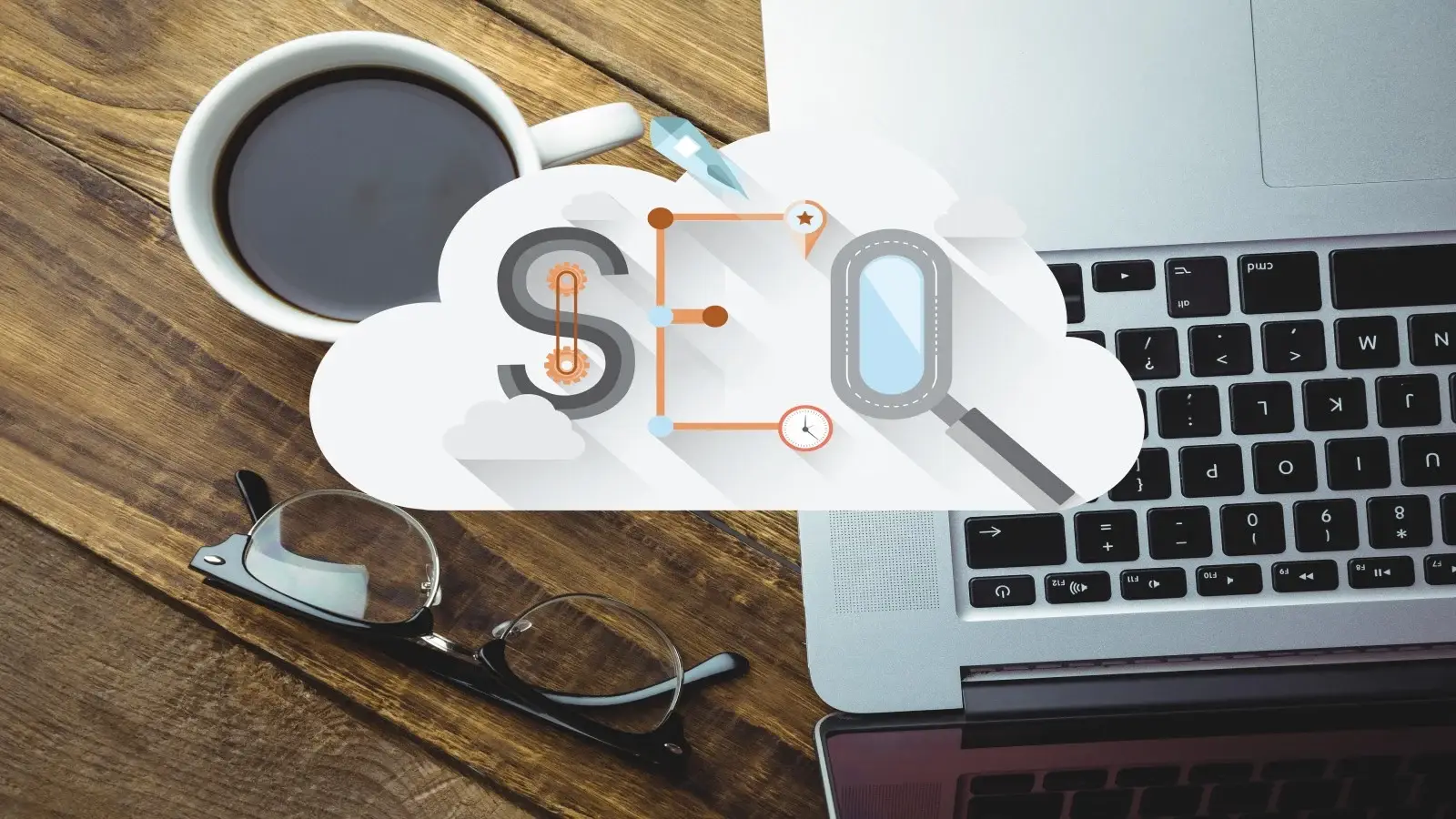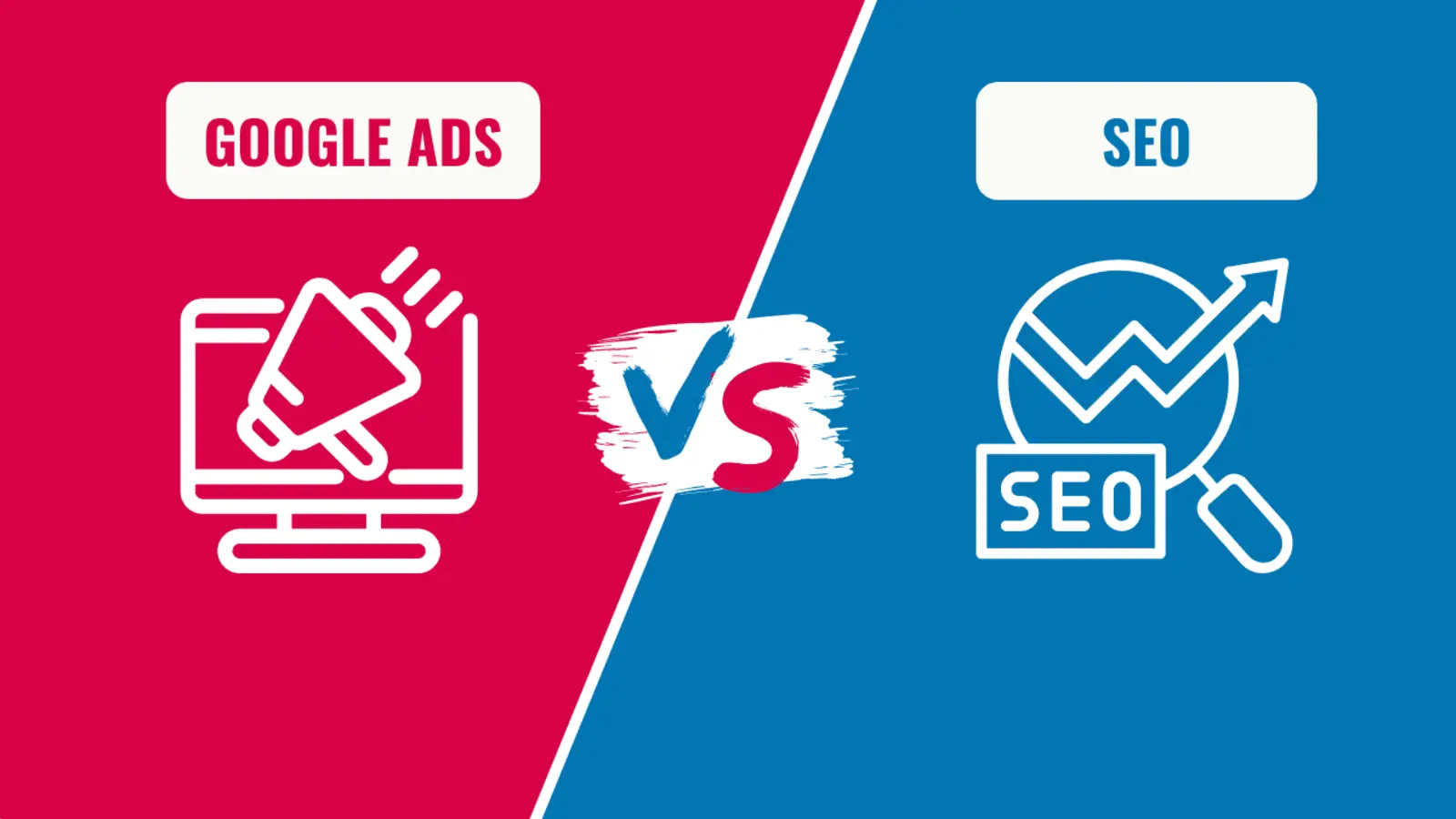
Local search is a powerful tool that can help you reach potential customers. Here’s what you need to know to put local SEO (search engine optimization) to work for you.
Local SEO helps you promote your business to local prospects and customers. Search engines use local content, social profile pages, links, and citations to determine which local results to show their user. Local SEO is all about getting search engines to include your business in the results they show people in response to searches.
Here are some things you can do to increase the chances that search engines will include you in the results people see.
Google My Business – This is a way for Google to verify that your content meets their needs. Once Google verifies your business, you have the chance to get a valuable sidebar space in their local search results. To increase your standing you need to create and verify a Google My Business page, use Google Posts, encourage customers to share reviews online, and respond to the reviews people post.
Internal Linking – External links pointing to your site are important but your internal linking structure is too. Good internal linking supports website navigation, assists with information architecture and website hierarchy, and distributes page authority and ranking power among pages.
Content – Every blog post is a new indexed page for your site where you can target a geographic search phrase and increase your chances of being found by a search. All content should use high-volume keywords in the URL, title, header, meta description, and body. Geo-targeted content, customer success stories, and case studies all work well.
Location Pages – Create location pages for each of your physical locations. Location pages provide visitors with your name, address, phone number, store hours, store descriptions, parking/transit information, promotions, and positive testimonials. Avoid duplicating content across multiple location pages. If you only have one location, create a locally descriptive About Us page. Add a Google Map to your website on your location page(s) for even better results.
Local Content – Balance writing about general topics with items about local or industry news. Become the local authority for your industry by promoting local industry gatherings, news, employees, and other relevant content that goes beyond what you sell. A map of local service providers or a calendar of local events provide value for your visitors and serve as highly relevant on-page local signals.
Mobile – Make it easy for visitors to look up reviews, find directions to your location, and search for contact information on your site using their mobile devices.
Vital Information – Keep your name, address, and phone number (NAP) the same everywhere online so that people and search engines can easily find you. Footers and headers are good places for your NAP. Also, make sure it’s somewhere outside an image since images can’t be crawled by search engines.
Online Directories/Citations – Make sure your citations are consistent and complete across data aggregators such as Apple, Yelp, Bing, Google, Trip Advisor, etc. Misspellings, abbreviations, missing suite numbers, or incorrect phone numbers can be an issue. Also, remove any duplicate listings. If Google can’t figure out which information is correct, it may not show your business in their search results.
Inbound Links – Inbound links boost your local SEO. Every inbound link increases your legitimacy in the eyes of Google. Here are some ways to generate inbound links.
Social Media – Google now puts more weight on social media content so engage with people and share your Google My Business posts to align social and search even more.



We are a small marketing technology business based in USA, committed to overcoming the challenges of competing against large companies with big budgets. As a small business established in California, we provide affordable, high-quality web and marketing services to help other small businesses in the United States thrive.
We are located right in your pocket and on your desk – just a phone call or email away whenever you need us. Our official mailing address is in Dublin, California, USA.